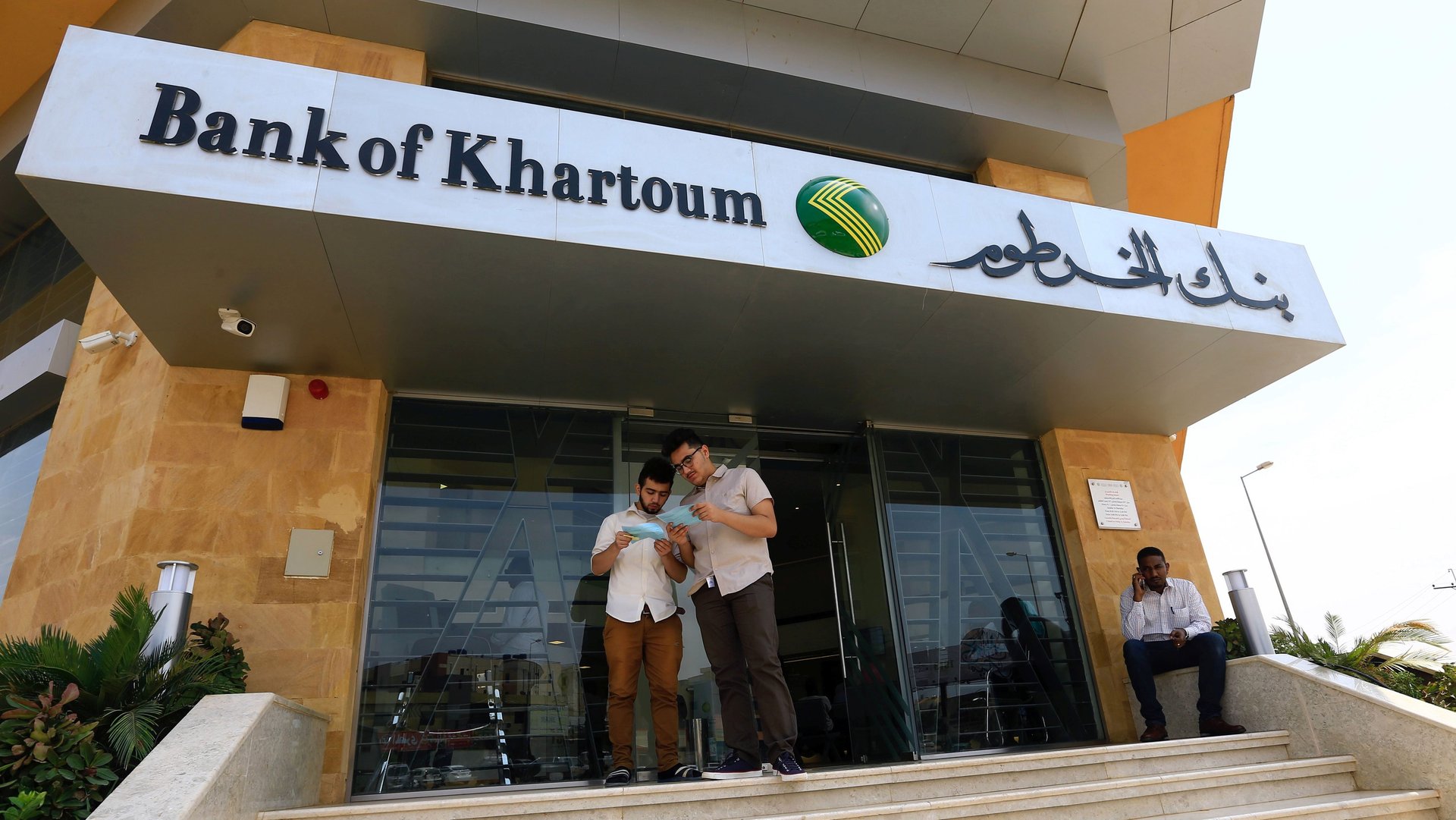Islamic finance is gaining a foothold across Africa
Islamic finance is rapidly growing across Africa, with investors, governments, and financial institutions increasingly leveraging its potential for both financing and development.


Islamic finance is rapidly growing across Africa, with investors, governments, and financial institutions increasingly leveraging its potential for both financing and development.
Since 2014, $2.3 billion in sukuk, or Sharia-compliant bonds, have been issued in the continent, notes a briefing from ratings and financial agency Moody’s. There has also been an increase in the number of licensed Islamic financial institutions, rising to over 80 in the last five years. As more governments introduce plans to mainstream Islamic financing, conventional banks in Nigeria, Togo, Senegal, and beyond are also setting up departments or “windows” to cater for clients seeking services in this sector.
Islamic finance is based on profit-sharing and prohibits the collection and payment of interest, or usury. The industry surpassed $1.8 trillion in size in 2015 and is expected to grow to over $3 trillion by 2020. The sector has also been lauded by the World Bank as a mechanism to help reduce poverty and promote shared prosperity.
African governments, looking for funds to boost infrastructural and development projects, are also fast realizing the sector can help them raise capital globally or diversify their funding base. This is especially true of the Gulf and Muslim Asian countries who have large pools of available capital.
The growing Muslim population in Africa also forms part of the growing demand for Islamic finance: a 2017 Pew Research study estimates the share of the world’s Muslims who live in sub-Saharan Africa will increase from 15.5% in 2010 to 24.3% in 2050. The industry is also being encouraged by the rise of other Muslim-friendly sectors like halal tourism, with developers and hoteliers in Africa looking for financing that is in line with Islamic teachings.
Despite the optimistic outlook, African countries still have a lot to catch up with the global trends. Islamic banking assets represent less than 5% of total African banking assets, Moody’s notes, while African sukuk makes up just 0.5% of global sukuk issuance.
Sign up to the Quartz Africa Weekly Brief here for news and analysis on African business, tech and innovation in your inbox.